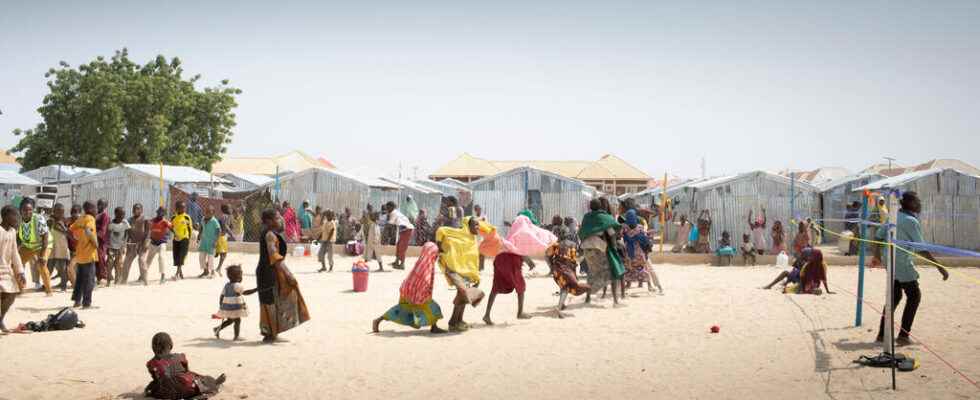Unicef has just made public a major statistical survey (Multiple Indicator Cluster Survey, MICS), carried out in 2021. The last publication of this kind dates back to 2016. This study carried out in partnership with the National Bureau of Statistics of Nigeria is a mine information and data crucial for organizing public health campaigns, in particular. One of the aspects of this research shows in particular that 43% of children are not registered at birth.
Just under half of children, or four out of ten children, were not registered at birth with the authorities in Nigeria.
These figures have certainly jumped by 10% since the last study by Unicef and the National Bureau of Statistics in 2016. A positive development, but this is still too little on the scale of the most populous country in Africa.
This situation is explained by a high number of births at home, more than 60%, while many mothers do not even have a birth certificate themselves.
The confused legislation and the lack of resources of the Nigerian administration do not help matters. In the absence of a computer system, the family is sometimes given a simple number on a loose sheet.
Large disparities obviously exist: while in Lagos, 94% of children are registered at birth, they are barely more than 22% in the state of Sokoto, in the north-west of the country.
These data are however essential for the planning of vaccination campaigns in particular, but also for obtaining identity papers, and therefore also a voter’s card, for example.
Unicef has made birth registration one of its priorities, with particular emphasis on setting up an efficient electronic system, while Nigeria is lagging behind on the subject compared to to other countries in the region.
It means that officially, the child has no name. He has no papers. There is a huge amount of child trafficking going on in Nigeria and beyond Nigeria. If he has no papers, we can forge them, there is no way to check that. And no papers means no identity card, no passport, no voting card, no bank account. The child is ageless…
Amandine Bollinger from Unicef in Nigeria
